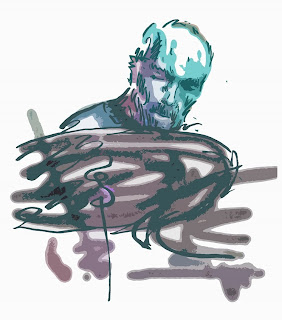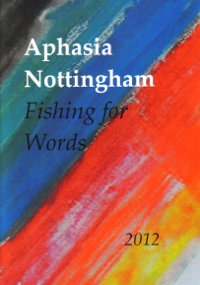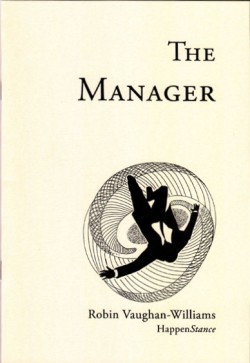In this issue of zqNews, find out about two forthcoming events using Skype and poetry improvisation to make connections, and check out a couple of videos recently uploaded to YouTube.
Texas 2 London
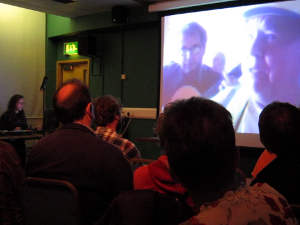 Texas 2 London, my next Skype event, is happening this Friday, 10 April, in Colliers Wood, London. We’ll be linking up with a parallel event at the Austin International Poetry Festival (AIPF) in Texas with three featured poets either side of the Atlantic sharing their work. There’ll also be a chance for three open mic participants to perform in front of the Austin audience via the video link.
Texas 2 London, my next Skype event, is happening this Friday, 10 April, in Colliers Wood, London. We’ll be linking up with a parallel event at the Austin International Poetry Festival (AIPF) in Texas with three featured poets either side of the Atlantic sharing their work. There’ll also be a chance for three open mic participants to perform in front of the Austin audience via the video link.
One our side we’ve got Matt Black, Agnes Meadows, and Kayo Chingonyi, and in Austin we’ll be hearing from three AIPF poets: Element615, Teresa Y Roberson, and Mr Dave.
I’ll be presenting alongside electro-pop poetry duo Project Adorno, and the Texas event will be hosted by Thom the World Poet. Thom is a gloriously spontaneous, unpredictable, and inspired poet and also committed to the principles of democracy in the arts. Check out his appearance at a previous Skype event on YouTube.
The evening kicks off at 7pm with the open mic (first come, first served), then we’re online with Austin from 8 to 9.30pm. For more details about the programme visit http://www.zeroquality.net/texas2london.html.
Friday 10 April 2015, 7–10pm
Colour House Theatre, Merton Abbey Mills, SW19 2RD (near Colliers Wood underground)
£3 on the door. Enquiries to 020 3730 8039.
Let us know you’re coming on Facebook.
Word’s a Stage Improvisation Project
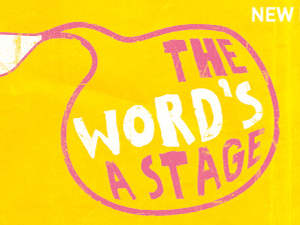
Word’s a Stage
The last couple of months I’ve been working with four poets—Becci Fearnley, Sean Wai Keung, Andrea Queens, and Zahrah Sheikh—on putting together a performance using poetry improvisation techniques. We’ve got one more workshop to go, then the final event, where there’ll also be a collaborative performance from Apples and Snakes’ GasWorks group, will take place on Tuesday 14 April at Free Word (Farringdon) from 7.30pm (Free).
It’s the first chance I’ve had to work with a group over a sustained period on a poetry improvisation project, and the first time I’ve used improvisation to put together a performance rather than recordings, so it’s been an exciting and new experience for us all. The group has been amazing, fearless, and eager to rise the challenge, and I’ve learnt a lot from them myself during the workshops.
Our final piece is provisionally entitled ‘You are not the voices inside my head’ [later changed to ‘Grey Parrot Singing’] and circles loosely around the idea of ‘search’ and what happens to our voices in the age of social media. YouTube has been a significant source of material, from trolling to cat videos, self-hypnosis and political rants. The performance includes several improvised scenes, including free improv, pair work, a human-generated Apostrophe poem, and a warm-up that surprised us all by uncovering the poetry of numbers.
The project is coordinated by Apples and Snakes, and you can see the event page here: https://www.facebook.com/events/836322796452518/
NWS in London
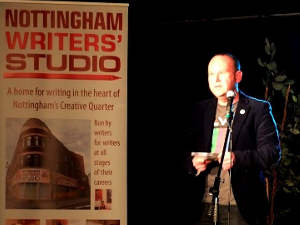
Andrew Kells at NWS in London
It’s been a busy few months what with Texas 2 London and Word’s a Stage coming up, and the Nottingham Writer’s Studio’s London showcase, which I hosted on 21 March 2015.
When I was Development Director at NWS we’d been talking about a London showcase to help bridge the gap between the London-centric publishing world and the strong writing communities in Nottingham and other regions, so all credit to my successor Pippa Hennessy for taking the first step in making this happen.
The readers were all contributors to one of NWS’s new ventures, a literary journal that has so far covered ‘crime’, ‘secrets’, and ‘a sense of place’. You can get hold of the journal in electronic form for free on Issuu: http://issuu.com/nottinghamwritersstudio.
It was great to hear the stories and poems I’d read in the journal straight from the writer’s mouth and to feel the enthusiasm in the room from both audience and readers. One of my favourite stories was Lynda Clarke’s rather gruesome tale ‘Stealing from the Dead’, and Andrew Kells and Liz Hart in particular electrified with their energetic performances.
Videos

Reuben da Cunha Rocha Skyping Nottingham, Oct 2014
I’ve been uploading videos to YouTube recently. Here are a couple you might enjoy.
- Brazilian poet Reuben da Cunha Rocha mesmerising the audience at Skype Me! Nottingham and the World, 18 October 2014: https://youtu.be/4iTPu4KvPtM
- ‘Frogger’, a poem that started out with dual origins in a 1980s computer game and an attempt at a perpetual cycling accident, but which ended up in the twisted fairground of the imaginationl, read here at Word of Mouth in Nottingham, November 2012: https://youtu.be/HiyH980Fv6Y
zqNews by email
If you’d like to receive zqNews by email you can sign up here.
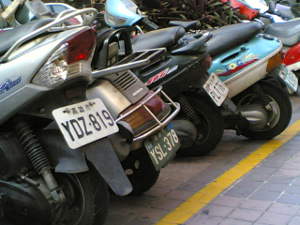 Listen out for Andrew Sclater’s A1 incantation, Luke Wright’s day in a transit, Rochelle Potkar’s evocation of the road to the mountains, and River Wolton’s ‘Language of Lorries’.
Listen out for Andrew Sclater’s A1 incantation, Luke Wright’s day in a transit, Rochelle Potkar’s evocation of the road to the mountains, and River Wolton’s ‘Language of Lorries’.